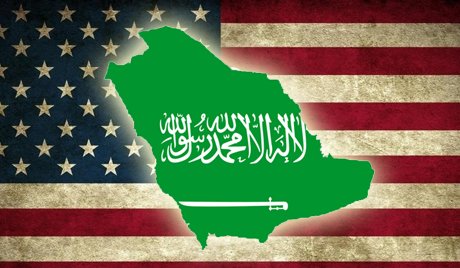The Saudi/UAE Coalition Could Not Execute the War Without U.S. Direct Involvement
Yamanyoon- 12 Oct 2017
The Saudi Arabia-led war in Yemen is a tragedy of epic proportions in which the United States is deeply and directly involved. The war has caused mass starvation and a cholera epidemic that is worse than any the world has witnessed in the past 50 years, with the latest estimate of Yemeni victims at well over half a million.
This horrific situation is the result of Saudi/UAE bombing of roads, hospitals, bridges, water and sewage facilities, and the main port of Hodeida combined with a Saudi/UAE naval and air blockade that prevents large-scale humanitarian assistance from reaching the Yemeni war victims.
The Saudi/UAE coalition could not execute the war without U.S. direct involvement — specifically the refueling of their planes carrying out the bombing — and the further assistance of providing bombs and targeting intelligence.
Even apart from the need to halt this growing humanitarian disaster, Congress has a Constitutional obligation to deal with U.S. participation in this war. Flatly stated, U.S. participation is illegal.
When President Barack Obama ordered U.S. involvement, the Saudi-led war was not covered by the Authorization for the Use of Military Force (AUMF) issued by Congress in the wake of 9/11. The Houthis and the forces of former Yemeni president Saleh against whom the Saudi coalition is engaged are not affiliated with al Qaeda or any other entity associated with the 9/11 terror attacks.
Some Members of Congress refuse to support H. Con. Res. 81 because they accept the official rationale for U.S. involvement in the war created by the Obama administration. They argue that the United States has no choice but to support the Saudi-led war because it is necessary to oppose an expansionist Iran. But it is widely recognized that the Houthis are not Iranian proxies; they pursue their own interests and strategy.


